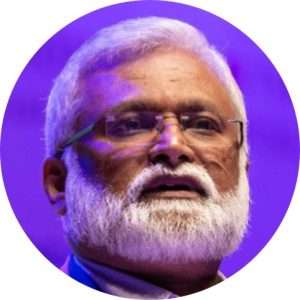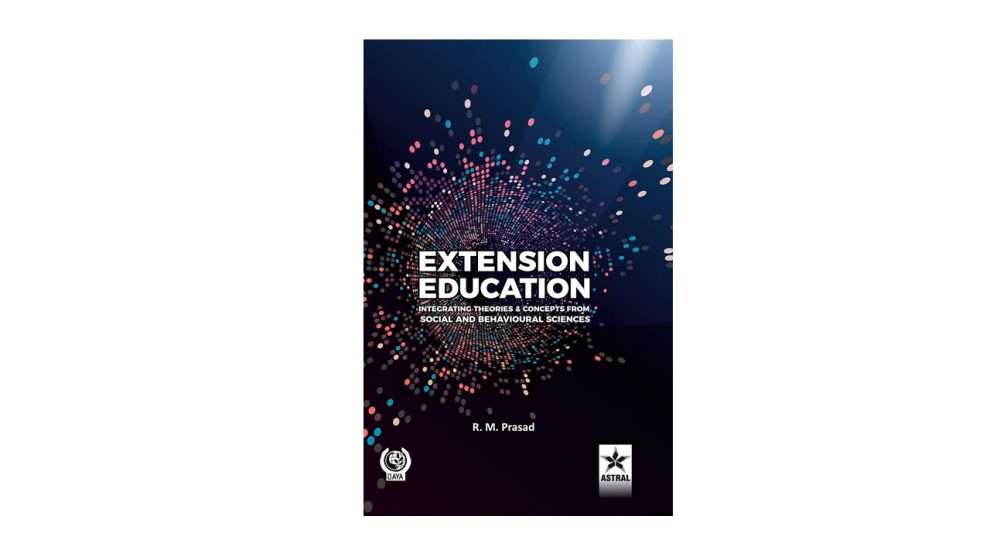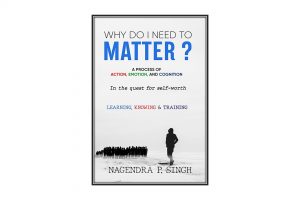RM Prasad (2021)
ISBN 9789390371969
Daya Publishing House, New Delhi
Hardcover: INR: 1350 (Amazon)
Pages: 204
‘Changing farms or changing farmers?’ More than three decades back Prof van den Ban used this phrase to emphasize the importance of extension education. According to him the role of extension agents in agriculture is to change farmers who may subsequently decide to change their farms. In other words, the role of extension agents is to help farmers reach their goals through adult education and communication. Almost all definitions of extension education talk about it as an applied science that has integrated many theories and concepts from several social and behavioural sciences.
Knowledge from a variety of fields, such as sociology, psychology, social psychology, communication, management, entrepreneurship, innovation studies, empirical research methods, etc., were assimilated in the development of this discipline. However, the discipline has failed to evolve during the past 2-3 decades as it stopped borrowing new ideas, concepts, and methods from its parent disciplines. It also failed to learn from other disciplines and professional practices, such as change management, learning, organizational behaviour, knowledge management, capacity development, etc., which are critical for its renewal. This book, authored by Dr RM Prasad, on integrating theories and concepts from social and behavioural sciences into extension education, assumes importance in this context.
Dr Prasad argues on the need for continuous review and analysis of relevant theories developed in other disciplines, identifying relevant insights and linking these to existing knowledge if we are keen on reinventing the discipline of extension education and making it more relevant in the current context. To help us do it, he reviewed the work of 110 social and behavioural scientists whose contributions are relevant for extension education. While the contributions of some of these, for instance, Ivan Pavlov, Kurt Lewin, Edgar Dale, Wilbur Schramm, Arthur T Mosher, Abraham Maslow, Peter Drucker, Paulo Freire, Everett M Rogers, Robert Chambers, David Kolb, Paul Leagans and van den Ban are familiar to extension students, there are many more whose contributions are relatively less known as their insights have not been fully used in the development of the discipline. I personally wish that a few more names from communication and innovation studies could have been added to this list.
This book makes two interesting contributions. Firstly, it helps readers to understand and appreciate the concepts and theories proposed by a wide range of social and behavioural sciences ranging from anthropology, sociology, political science, economics, psychology, management, adult education, philosophy, etc. Secondly, it discusses in brief how these concepts and theories could be applied in extension. This book thus makes an interesting contribution to help those who are keen to adapt and apply these concepts and theories to enrich the discipline of extension education.
But merely reading this book is not enough though this is an important first step towards reinventing the discipline of extension education. It needs collective action. To move forward, Dr Prasad suggests the establishment of a Community of Practice (CoP) – a virtual network of content experts, faculty, specialists, educators – who work together to integrate concepts and theories from a wide range of social and behavioural sciences. Who will take up this initiative? Will our professional societies in extension rise to this challenge? These are questions that need to be answered.
As extension education has to deal with rapidly evolving challenges, there is continuous need for review and evaluation of its subject matter. The discipline needs new tools and frameworks to respond to pandemics (for example, COVID-19), lack of trust (e.g., farmers’ agitation), changing market dynamics (from FPOs to increasing monopoly in input and output markets), increasing farm distress (e.g., deteriorating mental health leading to farmer suicides), sustainable intensification (e.g., agro-ecological approaches), and empowerment of farmers (beyond technology transfer to organizational and entrepreneurial empowerment). Our existing tools, approaches and frameworks are inadequate to understand and better respond to these challenges.
The book has an interesting Foreword by Shri Suresh Kumar, IAS (Retd), who chaired the 12th Plan Working Group on Agriculture Extension for Agriculture and Allied Sectors (Government of India). He raises concern on the relative neglect of the human factor and the primacy of technocratic approaches in the Indian farm sector strategy. He also raises the importance of strengthening extension research and curricula reforms in extension.
Students pursuing MSc and PhD in extension as well as those teaching them should ideally read this book. But in general, this book is meant for all those who are keen to improve the contribution and relevance of extension education and are really passionate about the discipline.
Rasheed Sulaiman V

Dr Rasheed Sulaiman V is Director, Centre for Research on Innovation and Science Policy (CRISP), Hyderabad, India. You can reach him at rasheed.sulaiman@gmail.com





Usefull and learned comments. The gap between theories of extension and rate of adoption by targeted group needs to be narrowed. Literacy among rural farmers being low, need arises for digital extension. Prof. Dr. R M Prasad has done a significant service in the form of present book.
I am happy that Dr Prasad sir has taken this initiative to write a book on intersection between Behavioural sciences and extension. One of the key role of an extension agent is to bring about the desired change in behaviours, and understanding how humans behave is key to device appropriate communication strategies. Behavioural sciences is evolving rapidly, both in terms of basic as well as applied research and the insights from it are very relevant to extension. Hope students and extension professionals will make use of this book. More importantly i wish to see extension researchers using and testing behavioral insights.
Thank you Rasheed sir for introducing us to this book, and giving us a good summary.
Congrats on publishing of the useful book!
The book must be an interesting and useful one.I congratulate Dr.Prasad for his effort.Wish the book a wide circulation
I congratulate Dr. R.M.Prasad for penning such a book which needs a lot of ingenuity in integrating several theories from different social sciences into our discipline extension education. I can visualise the effort he has put in reviewing several books to identify relevant theories and concepts which could be applied to Extension Education. The growth and development of any discipline depends upon the quality of research which demands researchers’ dedication and passion to the discipline. Extension education is no exception to this. This book I am sure will be of immense use to the researchers who are innovative and wish to test the theories and add to the growth of the discipline extension education. Thanks to Dr.Rasheed V Sulaiman for coming out with a good review of this book.